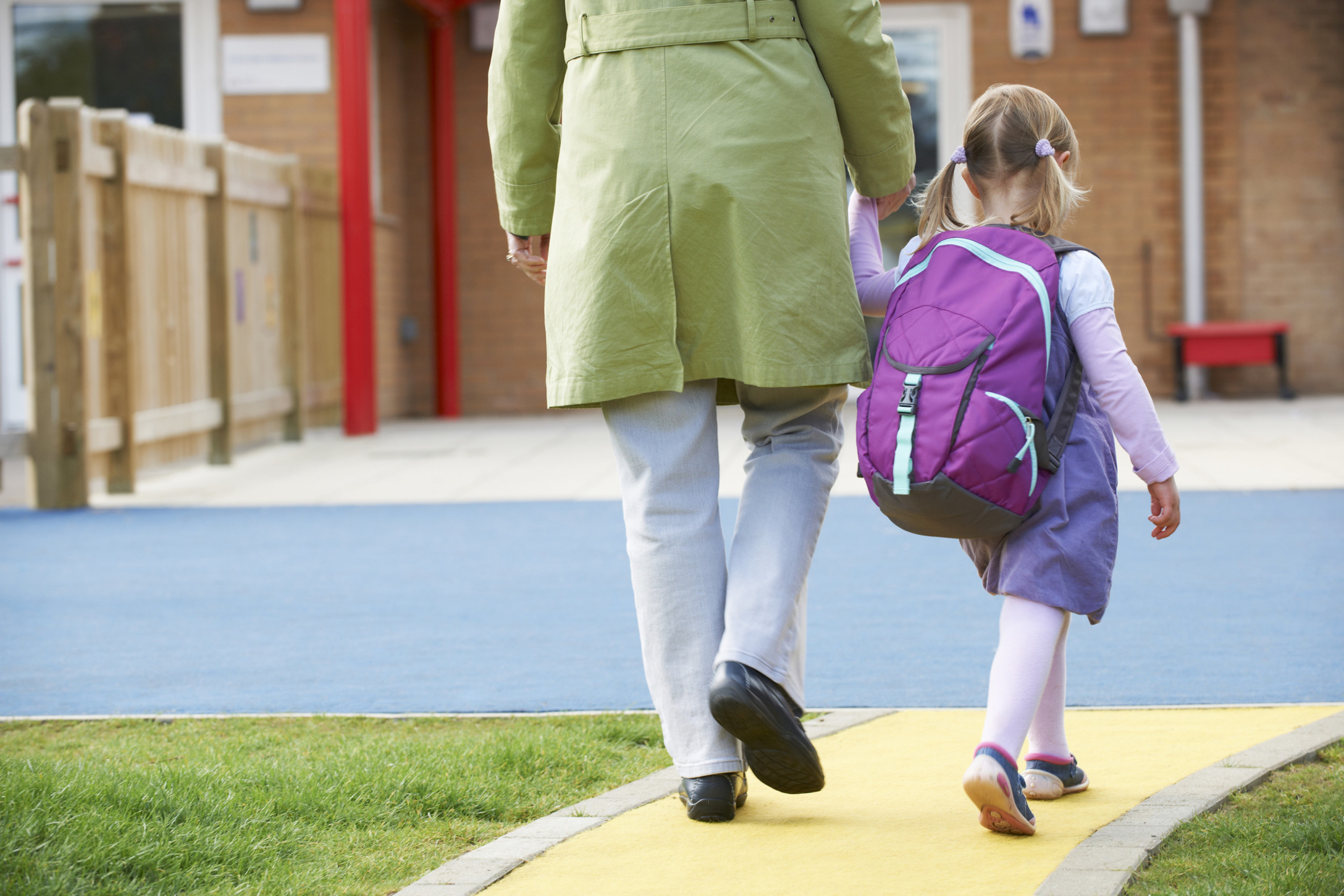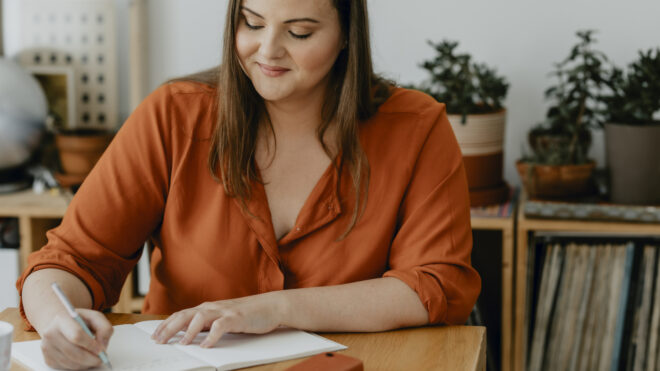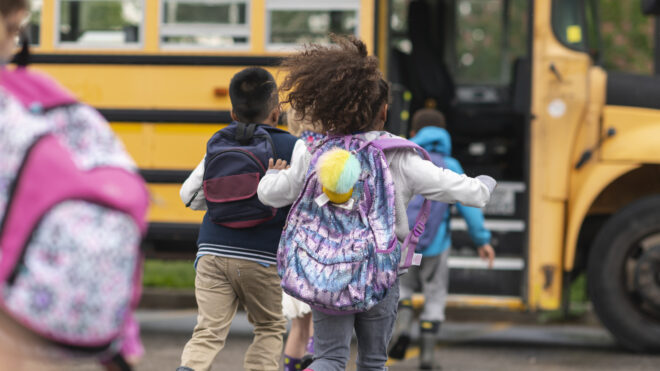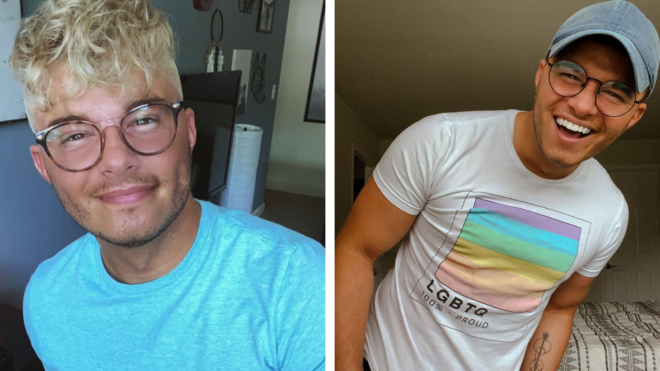

I’m the mother of a 5-year-old embarking on her first foray into the public school system: Kindergarten. So naturally, I have all the fears. Will she learn to eat her lunch in the narrow time slot allotted? Will she experience social happiness, or will her experience as an only child hinder her ability to make connections? I think every mother can relate.
Watching your child go from the relatively safe and innocent toddler years into pseudo-autonomy is terrifying and heart-wrenching. There’s a reason every mom stands blubbering at the school bus stop on the first day and takes perfectly curated “The first day of kindergarten” pics. We’re reluctantly letting our babies grow up. We are watching a tiny extension of ourselves, our hearts, out into the big imperfect world where we cannot comfort and hold them. They’re entering a world where nothing is guaranteed like it is under our watch at home.
Kindergarten is especially hard for me since my daughter is and will always be my only child.
She was a miracle baby. I fought my wonky biology and six miscarriages, some in the late stages, to bring her into our lives. When we tried for a second, I lost that child, too, a boy, in the second trimester. I can’t and won’t go through the mental, physical, and emotional anguish of another try. Our daughter, thriving in pre-K, would be our only one. Kindergarten cemented this in our minds.
Moms of only children, a couple of children, and even entire armies of children feel that anxious flutter in their bellies when they watch their kid step, for the first time, through the doors of that school.
They spend their entire day worrying if that child is fairing OK. As a mom, this fear and worry are ever-present and especially dire on the first day. This year, amid a deadly worldwide pandemic, that fear is multiplied enormously. We feel we are sending our unvaccinated children to storm the beaches of COVID Normandy. In essence, our children are sacrificial lambs to the Delta slaughter.
I wake up every day knowing I am vaccinated and, therefore, relatively safe from the life-endangering effects of the COVID virus. I continue my daily life, unbothered and unworried about my health or the health of vaccinated family members. What I am losing sleep over, however, is the fact that my daughter is still unprotected.
According to the CDC, the Delta variant is much more contagious than the original form of the virus but still recommends children return to school full-time in person with "layered prevention strategies in place."
Those include wearing masks, maintaining recommended social distance within schools, and frequent hand-washing. In addition, data shows that most hospitalizations from the Delta strain are those who are unvaccinated. What it’s also revealing is that an increase in COVID cases in children has spiked this summer as well. The New York Times, quoting a pediatrician from the Texas Children’s Hospital in Houston, reports that after “many months of zero or few pediatric COVID cases, we are seeing infants, children and teens with COVID pouring back into the hospital, more and more each day.”
Hearing this makes my back bristle.
I worry endlessly that my daughter, despite masking, will catch the Delta variant and end up in an already crowded hospital where she is isolated and scared. I worry that the long-term effects of COVID, sometimes called “Long-Haul COVID” will affect her years down the line.
Nationwide, mask mandates are inconsistent. In some districts, it is optional to wear a mask, and in some communities, masking is prohibited altogether due to politics and misinformation. For moms in these areas, they can opt to keep their child out of school for yet another year, or they can play Russian roulette and take their chances in the COVID school cesspool with no safety protocols. When I asked a friend, Sarah, faced with this in Orlando, Florida, she was silent for a minute and then said, “I have no choice. It’s not ideal for my daughter, but it’s better than COVID.” She later explained that she would send her when a vaccine is available and widely distributed for younger children.
Like Sarah, I clutch desperately onto the hope that a vaccine for kids is just over the horizon.
Pfizer is now testing its vaccine in children between 6 months and 11 years old. According to reports, Pfizer plans to ask the FDA to approve its vaccine for children ages 2 to 11 years old as early as September 2021. Moderna is following close behind with a similarly age-targeted vaccine, aiming for accessibility in winter 2022. In addition, recent studies by Duke University show that kids’ risk of catching COVID in the classroom is relatively low. With layered safety measures like small groups, 3 feet of social distance, masking, improved ventilation, and symptom screening, the risk is far less than in the surrounding community.
While we see breakthrough infections in those vaccinated, the vaccines available to members of the community ages 12 and up are proving to be excellent in preventing the spread of COVID.
Schools are said to be microcosms of the larger area, and so, low positivity rates in our neighborhoods mean low positivity rates at school. Until there is a vaccine for our little ones, we must remain vigilant in our communities by continuing safety measures to prevent a widespread outbreak.
With the new school year beginning, moms everywhere, including me, are forced to make difficult decisions. Either we allow our children to risk a deadly virus daily, lucky if there are safety protocols in place, or we subject them to continued virtual learning, isolated and left out from the school community. Already stressed and worried about our babies becoming kindergartners as it is, the Delta variant threatens to wipe away any composure we can muster. I never thought I would be rooting hard for a major pharmaceutical company’s success, but my baby’s safety hinges on it.







